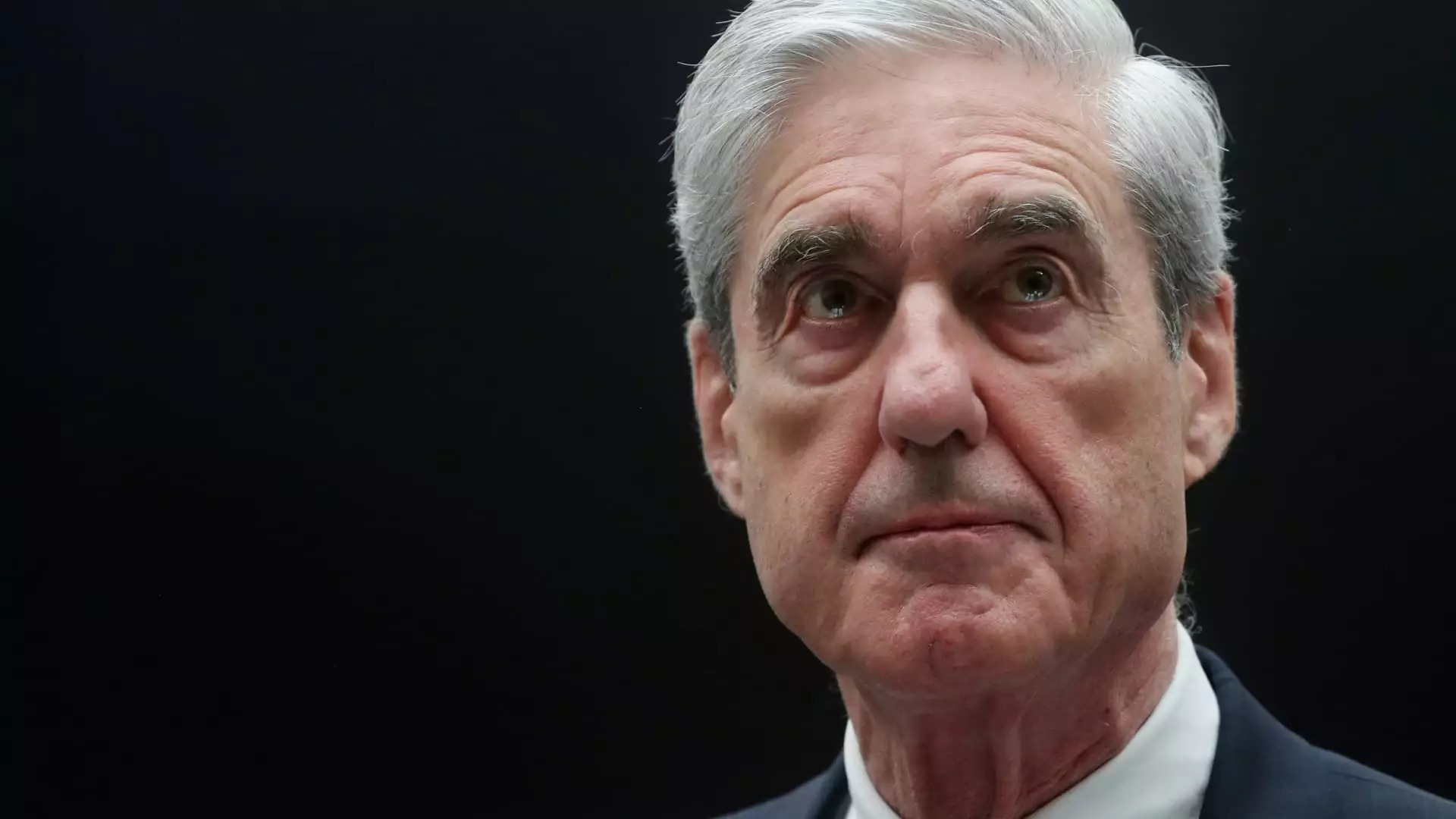The recent termination of Peter Carr, a seasoned spokesperson for the Department of Justice (DOJ), has sent shockwaves throughout the political landscape. Carr, who previously acted as the communication linchpin for the high-profile investigations led by special counsels Robert Mueller and Jack Smith, was abruptly dismissed by Deputy Attorney General Todd Blanche. This act, carried out quietly yet with chilling implications, raises deep concerns about the integrity of justice in America today. Such an inexplicable decision not only eradicates a critical voice in the national conversation surrounding accountability but also underscores an alarming trend of politicization within the department’s ranks.
Carr’s departure, marked by an email where he reflected on the privilege of working with the media, starkly contrasts with the undercurrents of turmoil surrounding DOJ’s involvement with former President Donald Trump. With previous roles that meticulously scrutinized Trump—primarily regarding Russian interference in the 2016 election and subsequent obstruction of justice allegations—Carr has become entwined in a narrative that begs for public scrutiny. His working relationship with Mueller and Smith served not merely as a regulatory compliance framework but as a beacon of transparency amidst an era dominated by disinformation.
Conflict of Interest Beckons
Todd Blanche’s background indicates a revolving door of conflicts. His previous legal representation of Donald Trump in criminal cases raises inevitable questions about the motivations behind Carr’s dismissal. An individual with ties to a former president now occupies a pivotal position within the DOJ, and it is deeply unsettling that such conflicts remain unchecked. This dynamic further complicates the perception of impartiality and fairness, which should be the hallmarks of a justice system designed to uphold democracy rather than muddle in political allegiance.
Thorough investigations, such as those led by Mueller and Smith, are pivotal, not merely for the legal ramifications, but for establishing the very principles upon which American democracy rests. These inquiries, albeit fraught with controversy, were intended to uphold a standard of accountability that transcends the political divide. Carr’s presence, as a willing communicator of complex narratives to the public, was integral to this mission. The circumstances surrounding his dismissal illuminate a far more troubling reality: a DOJ that appears increasingly susceptible to the whims of partisan politics.
Implications of Political Repercussions
The dismissal of Carr also signals a broader concern about the fate of nonpartisan voices within American institutions. If a spokesperson, entrenched in neutrality and professionalism, can be dismissed for simply carrying out his duties, what does that say about the freedom of expression and the flow of information in critical agencies? The chilling effect of such firings has the potential to silence those who strive to uphold democratic integrity in a climate characterized by polarization.
Moreover, the transition from a cooperative DOJ, which sought to update the American public with accurate portrayals during critical times, to one that may well succumb to partisanship is nothing short of alarming. Prosecutorial discretion should never intermingle with political aspirations or vendettas, and that is a principle that once earned the public trust. If these firings are indicative of a larger trend towards partisanship, the erosion of trust in the institutions meant to safeguard our democracy intensifies.
A Call for Reflection
In the wake of Carr’s firing, it is crucial for citizens, lawmakers, and legal professionals alike to engage in thorough critical reflection. The systemic implications of this move are far-reaching, hinting at a deteriorating respect for the justice system—a cornerstone of democratic society. It begs the question, “How far is too far?” The pursuit of justice should never waver under the winds of political change, and each dismissal, especially one like Carr’s, reminds us of the ever-thinning line between righting wrongs and wronging the principles we hold sacred.
As observers of this unfolding narrative, it becomes imperative to advocate for transparency and uphold the sanctity of those who dedicate their professional lives to public justice. The future of American democracy may very well depend on how we respond to such alarming events. Lives are at stake—not just those connected to individuals embroiled in political scandal but the very fabric of our society that relies on accountability, ethical governance, and justice for all.


Leave a Reply